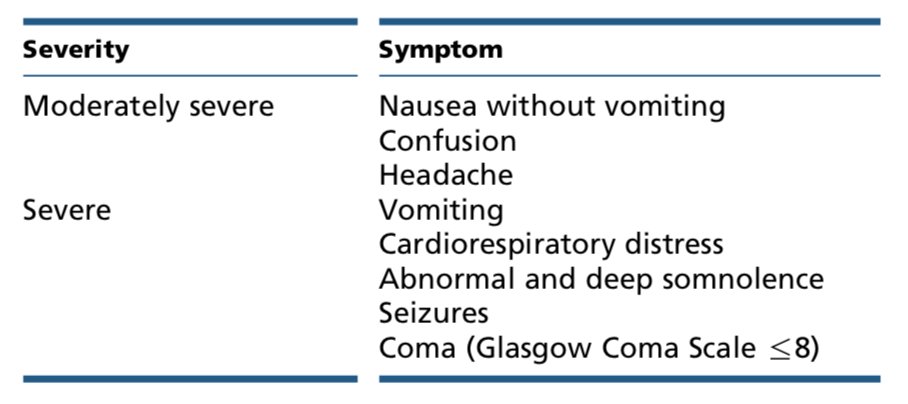
It's time to vote for the nephrology study of the year in the #NephJCkidneys. I think a lot of people are going to vote for DAPA-CKD and there is no doubt that it is an important study, but...
DAPA-CKD is largely just a replication study of CREDENCE, last year's winner. I'd like to make the case for ISCHEMIA-CKD
NephJC summary: nephjc.com/news/ischemiac…
NEJM: nejm.org/doi/full/10.10…
NephJC summary: nephjc.com/news/ischemiac…
NEJM: nejm.org/doi/full/10.10…

Think of how common this clinical scenario is:
A dialysis patient misses a dialysis session and comes to the hospital with shortness of breath. The ER orders a troponin. The troponin is elevated but is stable over three draws.
A dialysis patient misses a dialysis session and comes to the hospital with shortness of breath. The ER orders a troponin. The troponin is elevated but is stable over three draws.
Cardiology, does not think this is ischemia, as the dyspnea resolves with dialysis (of course) but out of an abundance of caution and because they don't want to be accused of renalism, orders a stress test.
The stress test is positive, so cardiology, having 𝙥𝙧𝙤𝙤𝙛 of inducible ischemia sends the patient for a cardiac cath.
I have seen this happen regularly in my career. I still see it happen regularly.
I have seen this happen regularly in my career. I still see it happen regularly.
This stratgey was tested in ISCHEMIC CKD and was found to be a failed strategy. Positive stress test does not equal cardiac cath. Not in people with normal kidney function. And not in patients with advanced CKD.
This is practice changing. And Ischemia CKD deserves to be #NephJC's study of the year.
• • •
Missing some Tweet in this thread? You can try to
force a refresh











